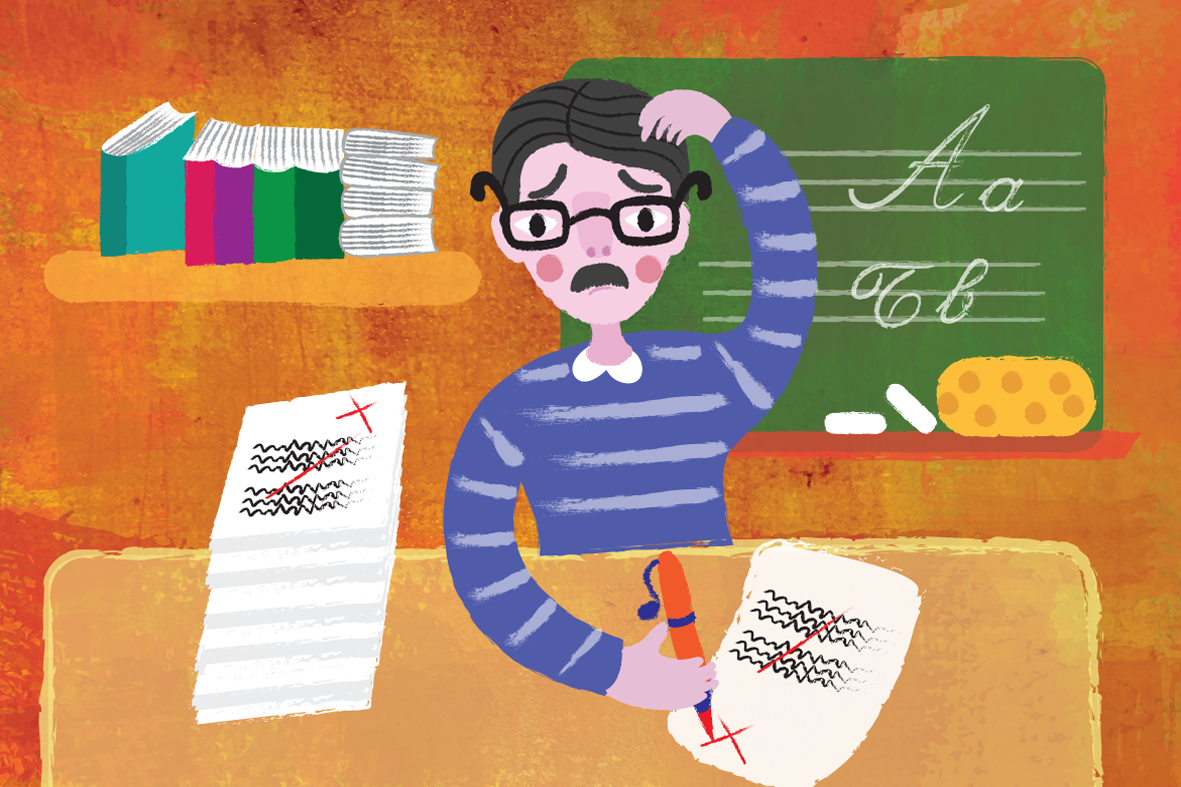1.
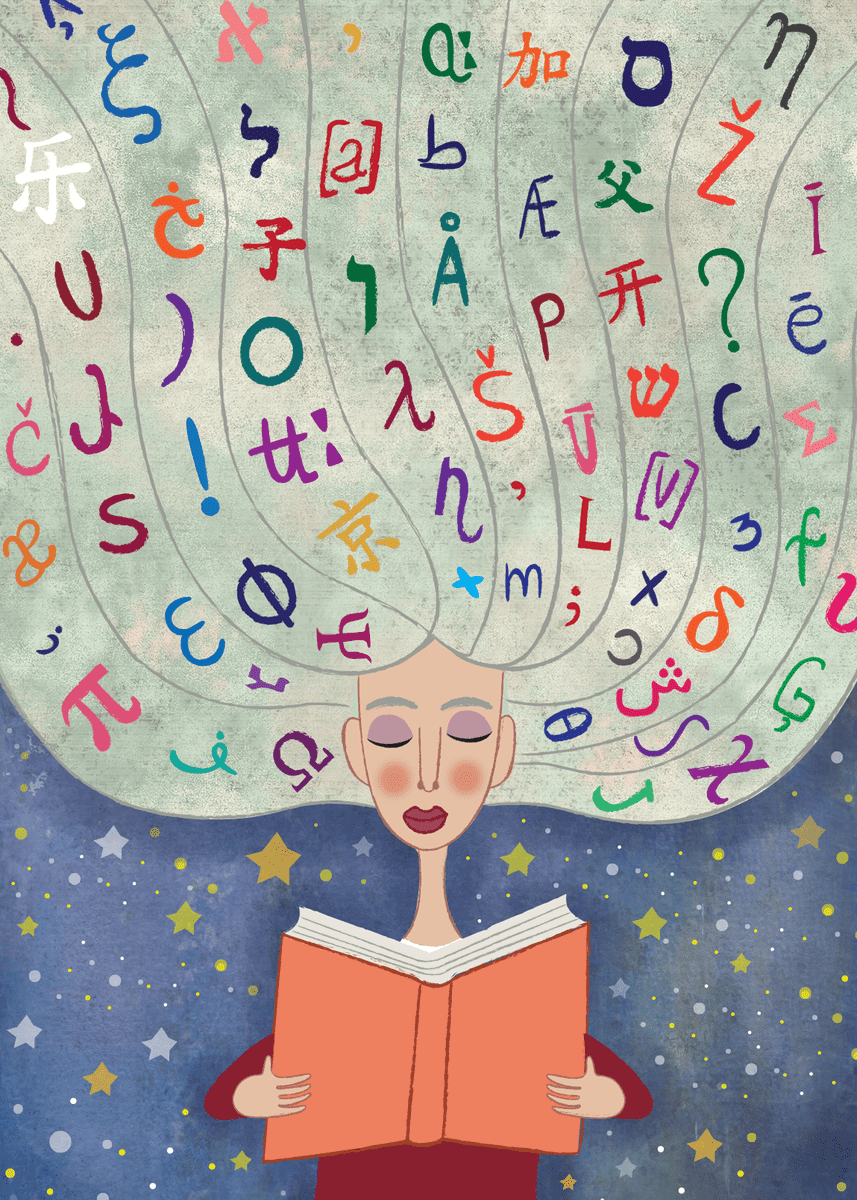
Language is so much more than just a combination of words and grammar; it is important to learn words and their forms in context, not just to learn words and grammar rules by heart. Focus on phrases and collocations – combinations of words that are frequently used together. Also, immerse yourself in authentic language as much as you can by watching TV-programmes and videos (on YouTube, TikTok), listening to podcasts, and reading texts of different genres.
2.
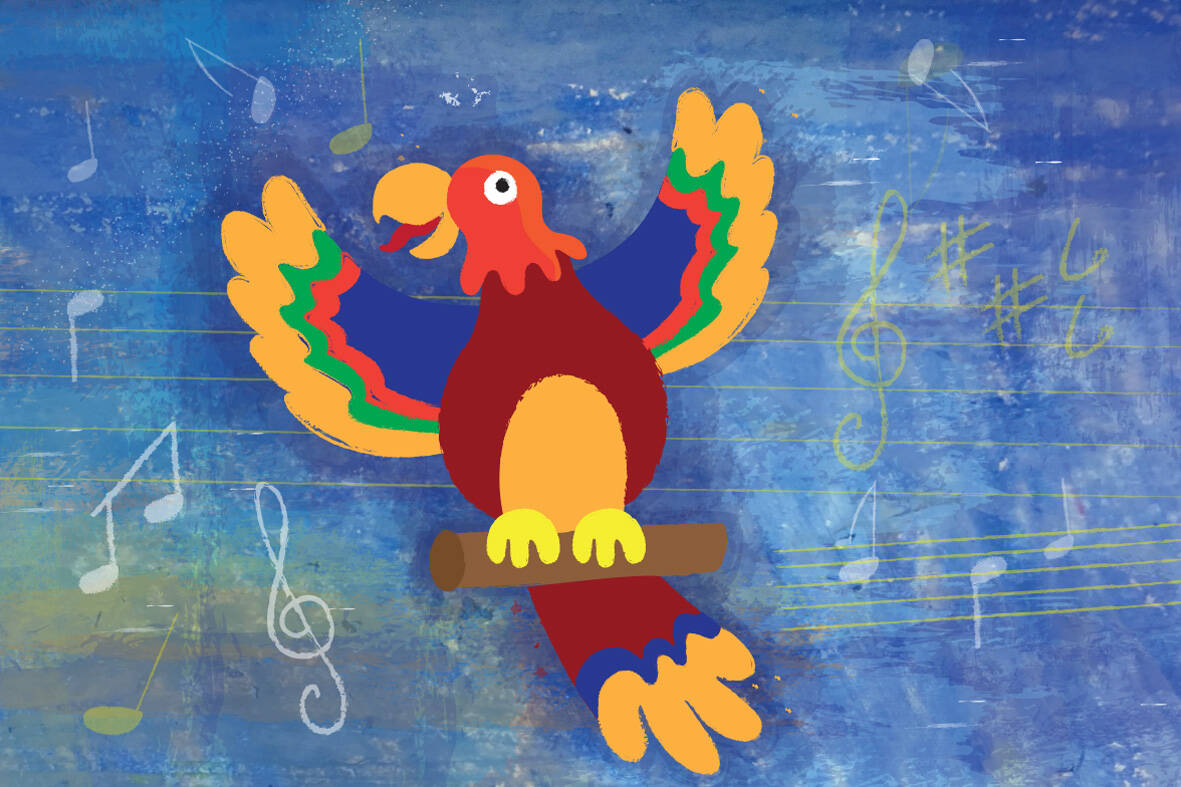
Listen to and repeat things you hear on the radio, in podcasts, series and films in order to develop good pronunciation. Try to be a parrot, copying the precise pronunciation of sounds, as well as rhythm and intonation. In the beginning, it can even be a good idea just to hum the melody and rhythm. Later on you can start to copy frequent, important, or even funny phrases.
3.

Most people tend to learn better in a social context. Use the language with other people – talk with them, either in real life or online, or interact in other ways.
Learning a language should be a fun, enjoyable experience. When coming face-to-face with real life scenarios, for instance when playing a game, having a meal, or going to a museum with speakers of the language, you could pick up more relevant and interesting things faster.
Reach out to people who are native speakers of that language, or who also want to practise. The internet has no limits – you can find new acquaintances all over the world and chatting, sending voice or video messages binds you together.
Other people can also give you valuable feedback and motivation. You and your learning buddies can not only provide great motivation for one another, but also become good friends!
4.
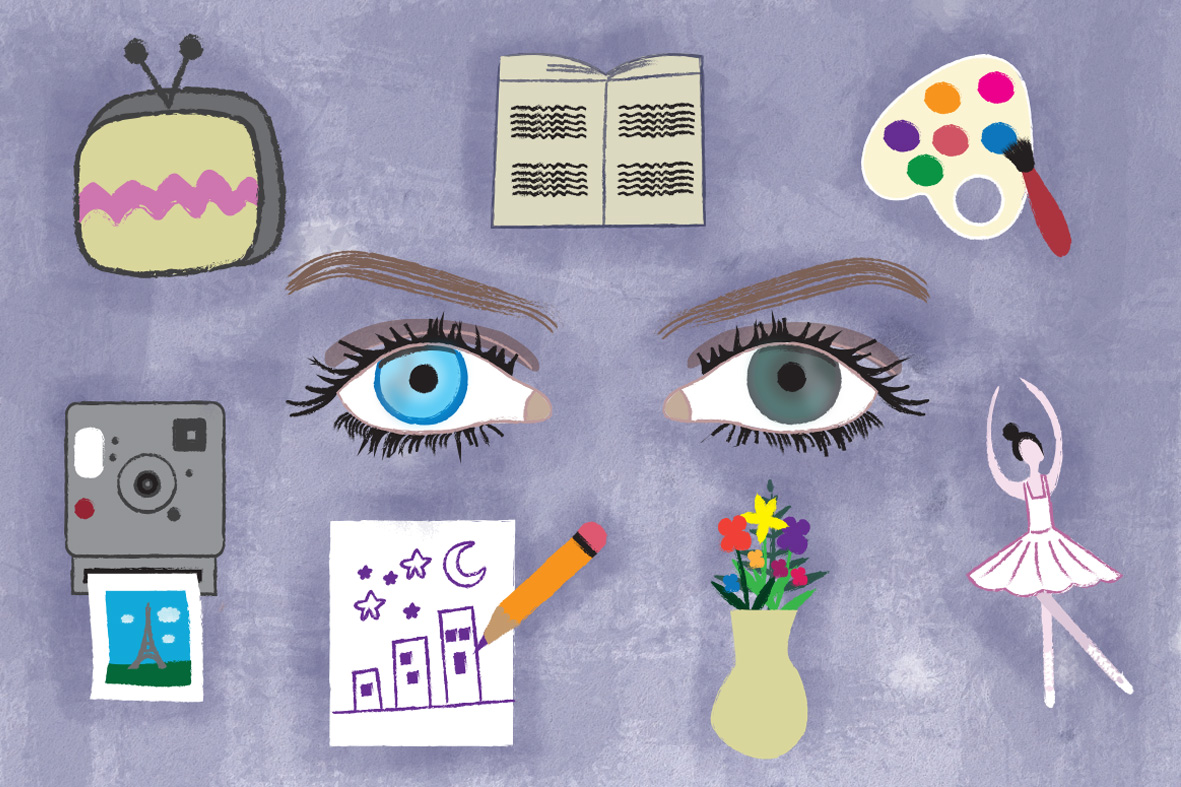
Our senses affect how we memorise certain things, by influencing the creation of connections and associations in our brains. So, when learning, try to stimulate as many of your senses as you can. Make it visual, use taste, smell, touch and move your body. What about cooking, having a wonderful dinner with your learning buddies? Or trying to describe perfumes, and the associations that match them? What about drawing, singing or dancing yourself into the new language?
5.

Language is a part of culture and culture is a part of language. You can get to know the language’s culture through series, films, songs, literature, comics, food, theatre, old traditions and new online trends for users of the language you wish to learn. Also, to make it more interesting, read texts about themes you are truly interested in yourself. It is also helpful, thanks to the background knowledge you already have on the theme. This is also useful because these tend to be the themes you would like to speak and write about to others.
6.

To achieve good results, when learning, remember that it takes time. It is better to learn something piece by piece every day. Spending 10 to 15 minutes every day on learning is better than spending 2 hours on it just once a week. While you’re waiting at the dentist, using public transport, or waiting for water to boil to make tea, make use of the time you have by filling it with the language you’re learning. For longer sessions, choose a time of the day when you can concentrate better – no matter if it is early in the morning, after lunch or in the middle of the night.
7.
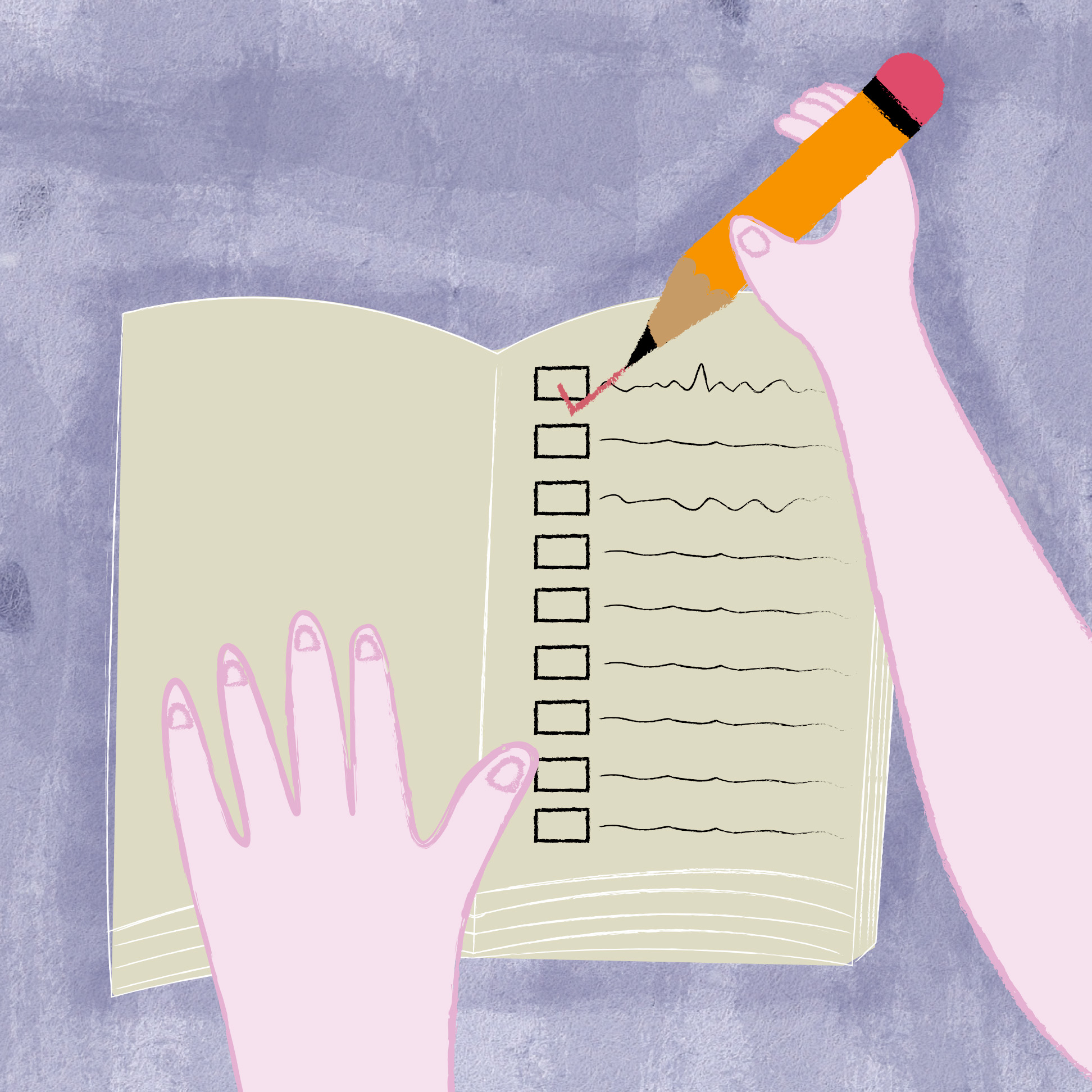
To plan your learning experience, set yourself realistic long-term and short-term goals, and make them as concrete as possible (the description and portfolio of Common European Framework of Languages can be helpful to make it concrete). Create tasks for each day, and reserve the time you want to spend on different activities to reach your goals. Usually, it’s a good idea to have a variety of activities to keep it fun. So you can work with your listening, reading, pronunciation, writing and speaking skills. As repetition is crucial for learning, plan exciting ways to repeat what you have learned previously. And most importantly, don’t overthink it and just have fun! We are better at remembering new things when we are having a good time.
8.
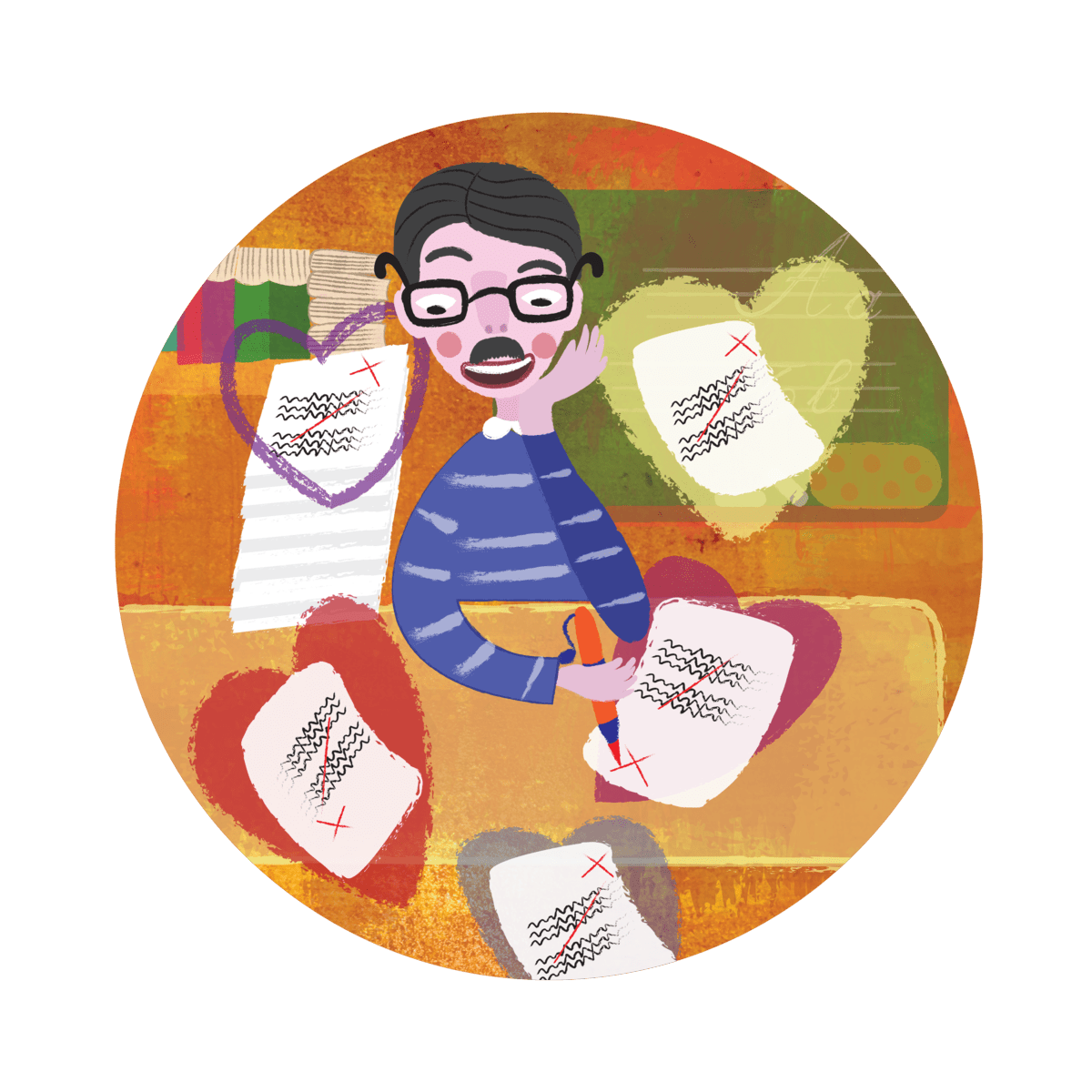
Mistakes are your friends that help you improve your language skills and they are an essential part of the learning process. Embrace them – when you discover them, that means you are a step closer towards achieving your goals. They can even be an excellent source for having a good laugh. Flawless language is no means the target of learning but giving life to the language by using it for yourself and with others!
9.
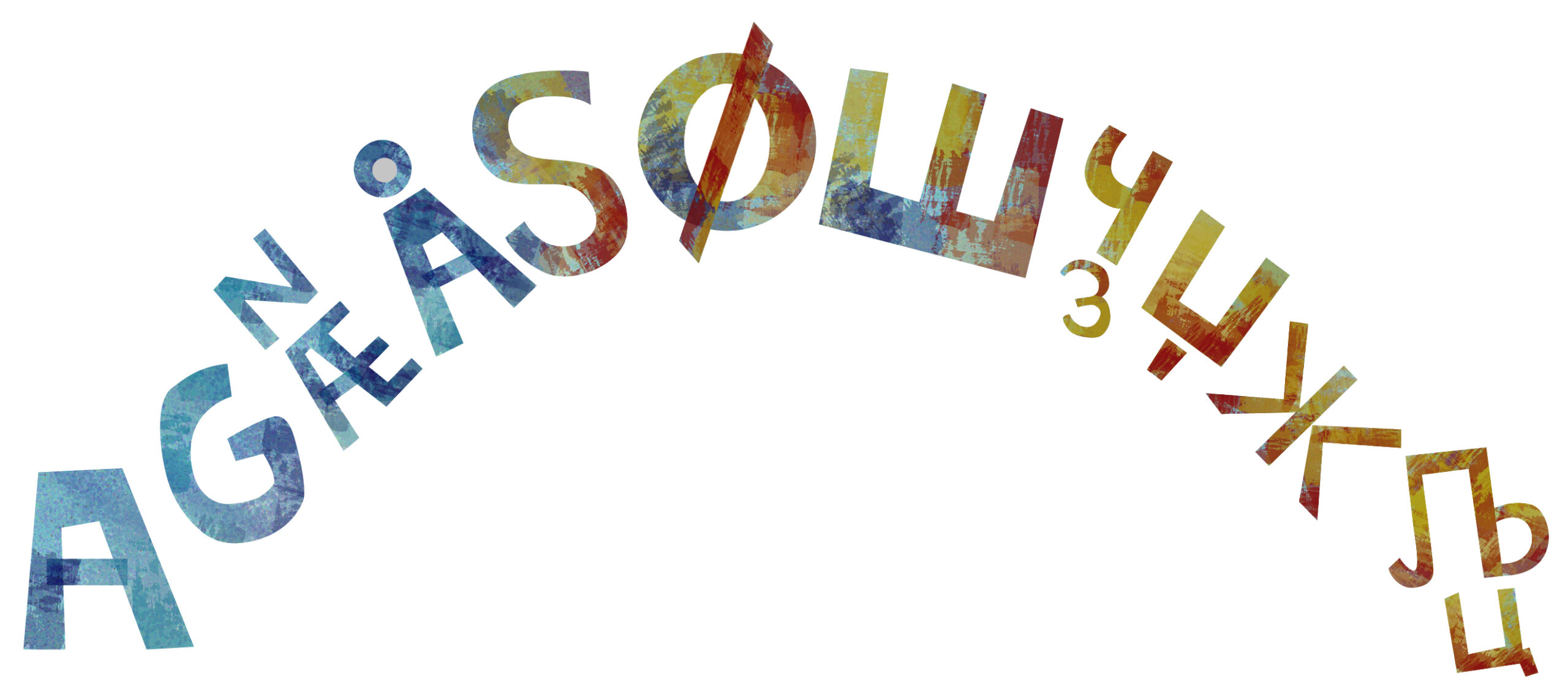
Use other languages as a resource. When we learn a new language, there are a lot of similarities we can transfer from our mother tongue and other languages we have learned to the target language. It is also important to know about the differences, too, whether that means in pronunciation, grammar, vocabulary, or even body language. Languages categorise the world around us in different ways, and language learning gives you the opportunity to discover the world around you with new eyes.
10.
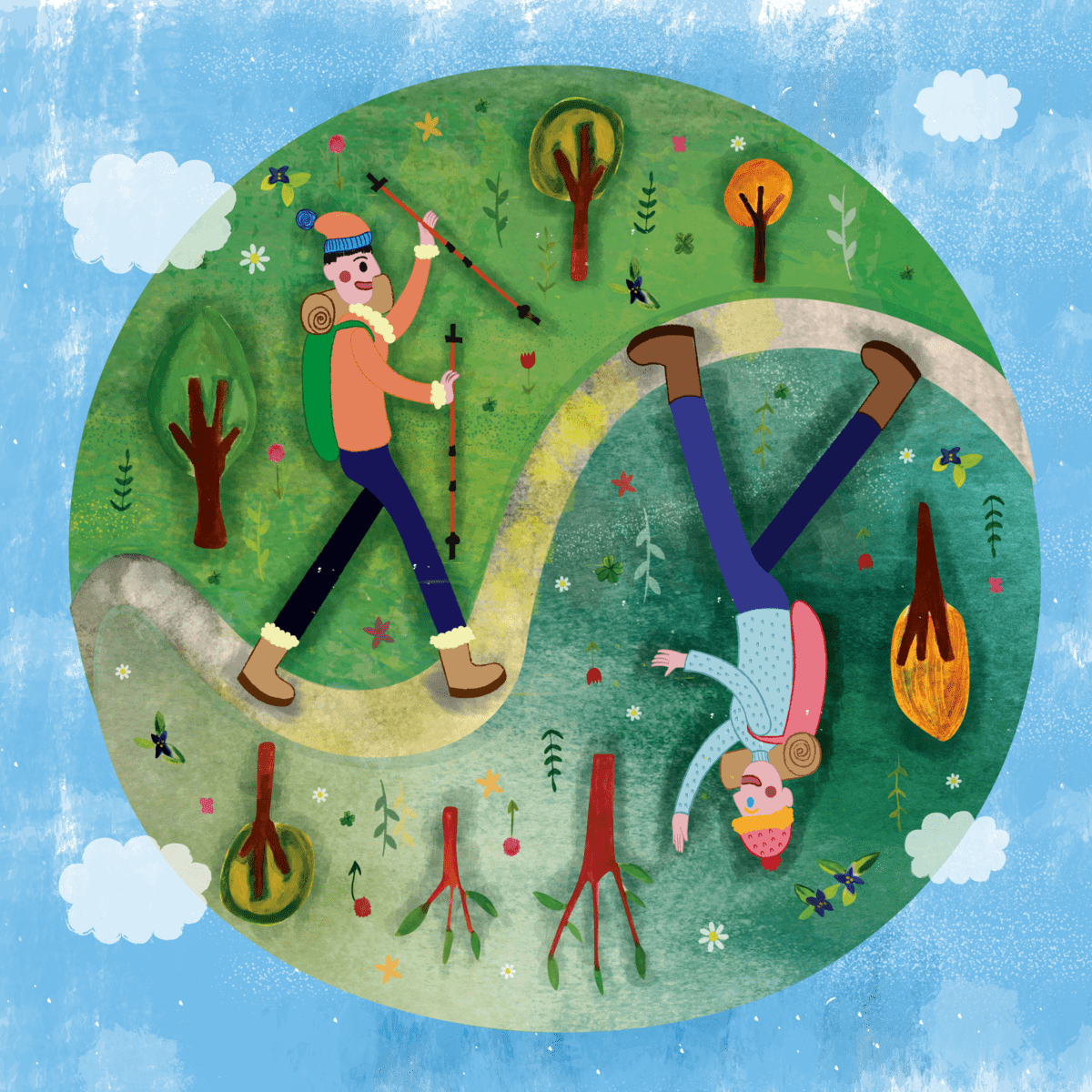
Learn the language while moving. Our brains are stimulated when being physically active, especially when walking, swimming etc. So don’t just sit at your desk when learning. Also, even moving without moving your body is helpful, as your senses are stimulated from the changing environment. Go for a walk together with a learning buddy, or somebody who speaks the target language. When you walk or travel alone, listen to podcasts, sing along with songs in the target language, speak with yourself, repeat phrases with flashcards, try to name everything you see on your way, and translate signs, just to mention a few things. Needless to say, a nice walk is also a boost to your mood and your health!
